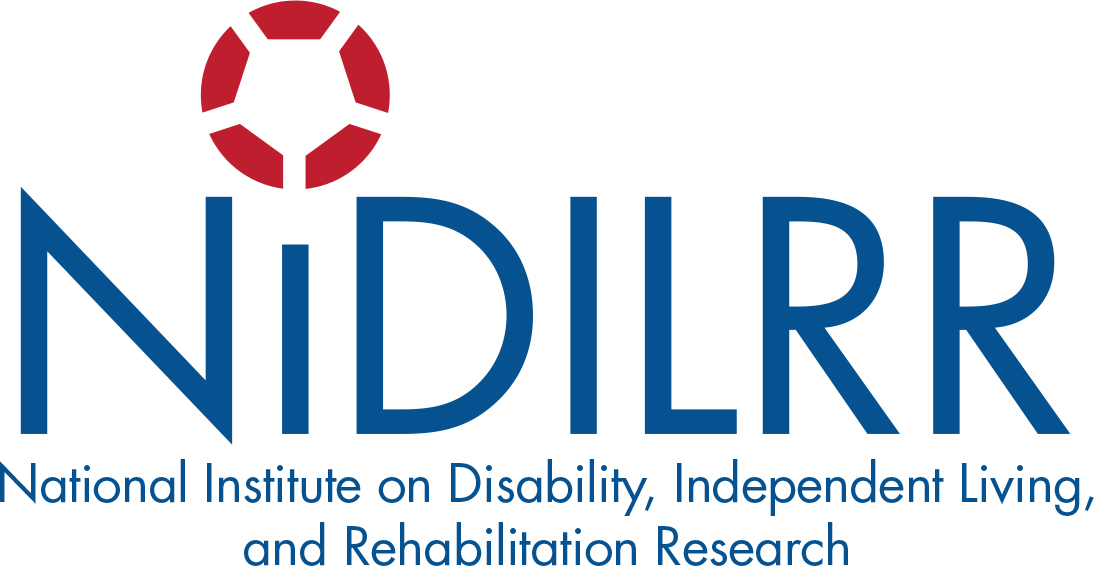- any period of loss of or a decreased level of consciousness;
- any loss of memory for events immediately before or after the injury;
- neurological deficits such as weakness, loss of balance, change in vision, impaired movement (dyspraxia), sensory loss, or a partial or total loss of the ability to articulate ideas or comprehend spoken or written language (aphasia); and/or
- any alteration in mental state at the time of the injury such as confusion, disorientation, or slowed thinking.
See Resources
Understanding TBI Part 1: What happens to the brain during injury and in the early stages of recovery from TBI?
This information sheets is written for consumers through a collaboration between the Model Systems Knowledge Translation Center (MSKTC) and the TBI Model Systems of Care. Spanish version (en español)
MEDLINEplus: Head and Brain Injuries
This easy to use website of the National Library of Medicine provides links to articles, research reports, and organizations covering various aspects of head and brain injuries. Some information is available in Spanish.
Traumatic brain injury (TBI) from the Centers for Disease Control and Prevention, National Center for Injury Prevention and Control.
Basics of traumatic brain injury from the Mayo Foundation for Medical Education and Research (MFMER).
Understanding Brain Injury: What you should know about brain injury and recovery
This video uses simple language and images of real people who have sustained a brain injury, as well as medical experts and advocates. Produced by Shepherd Center and KPKinteractive in collaboration with the American Trauma Society, the Brain Injury Association of America and the Christopher & Dana Reeve Foundation.
